Science popularization of environmental protection rejects "invisible pollution"-past lives polluted by noise.
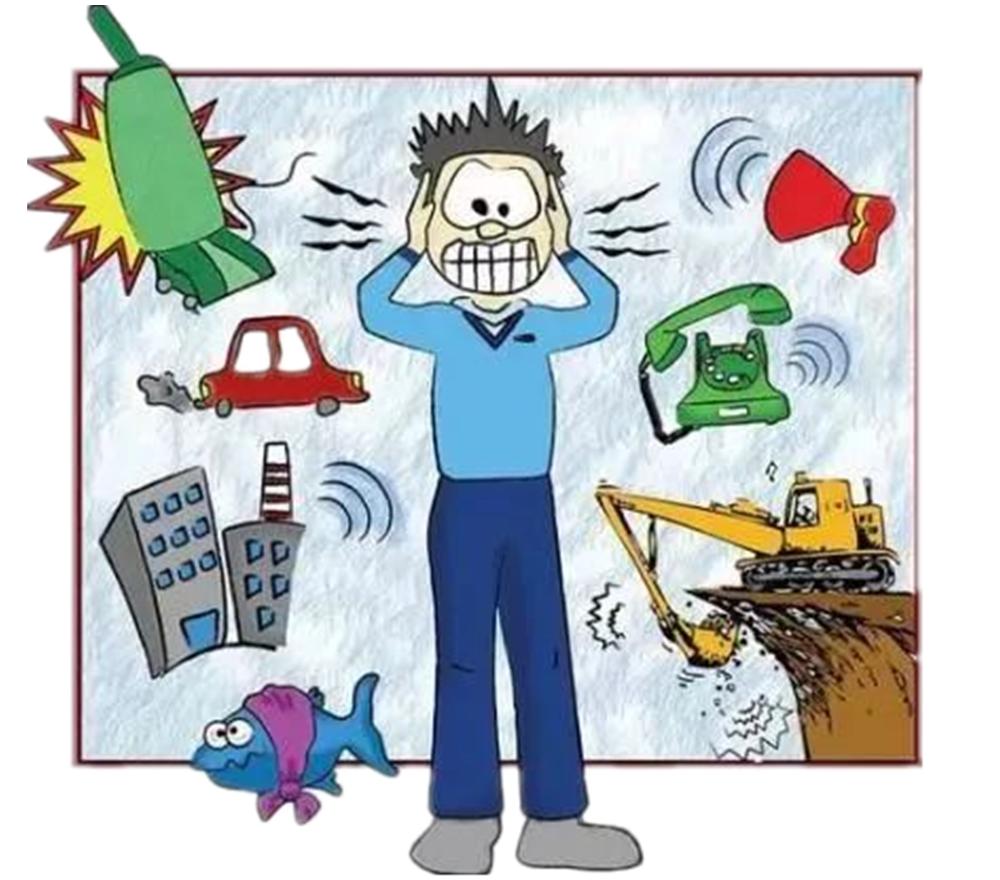
sound pollution
environmental noise
Environmental noise refers to the sound that interferes with the surrounding living environment in industrial production, building construction, transportation and social life.
Environmental noise is a regulation on the allowable range of noise in order to protect people’s health and living environment. The basic standard of environmental noise is the basic basis of environmental noise standard. Most countries refer to the base recommended by the International Organization for Standardization (ISO) (for example, sleep 30 decibels) and make it according to their own and local conditions.
▼
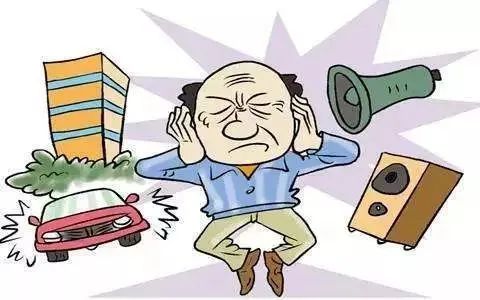
Auditory decibel
0 ~ 10 dB: lower hearing limit
10 ~ 20 decibels: extremely quiet
30 ~ 40 dB: Very quiet.
40 ~ 50 dB: Quiet.
50 ~ 60 dB: relatively quiet.
70 ~ 80 decibels: relatively noisy.
80 ~ 90 dB: Noisy
100 ~ 110 dB: Very noisy.
130 ~ 160 decibels: unbearable
▼
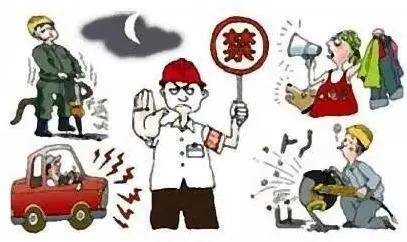
noise criterion
According to different noise sources
There are many noise standards issued in China.
Mainly include
1. GB3096-2008 Quality Standard for Acoustic Environment
2. GB12348-2008 Emission Standard for Environmental Noise at the Boundary of Industrial Enterprises
3. emission standard for community noise (GB22337-2008)
▼
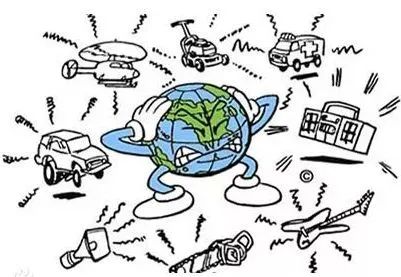
The limits of noise emission at boundary of industrial enterprises are as follows. dB(A)[1]
Day and night
Class 0 50 40
Category 1 55 45
Category 2 60 50
Category 3 65 55
4 categories 70 55
WHO (world health organization) recognizes that
Harm of noise pollution
Second only to air pollution.
This "invisible killer"
The impact on the environment is quite huge.
According to 2014
Published by the World Health Organization and the European Union Cooperative Research Center
According to the report "Disease Burden Caused by Noise Pollution"
Noise pollution not only makes people fidgety.
Affect sleep quality
It may also cause heart disease and learning disabilities.
And tinnitus.
Thereby shortening people’s life span.
▼
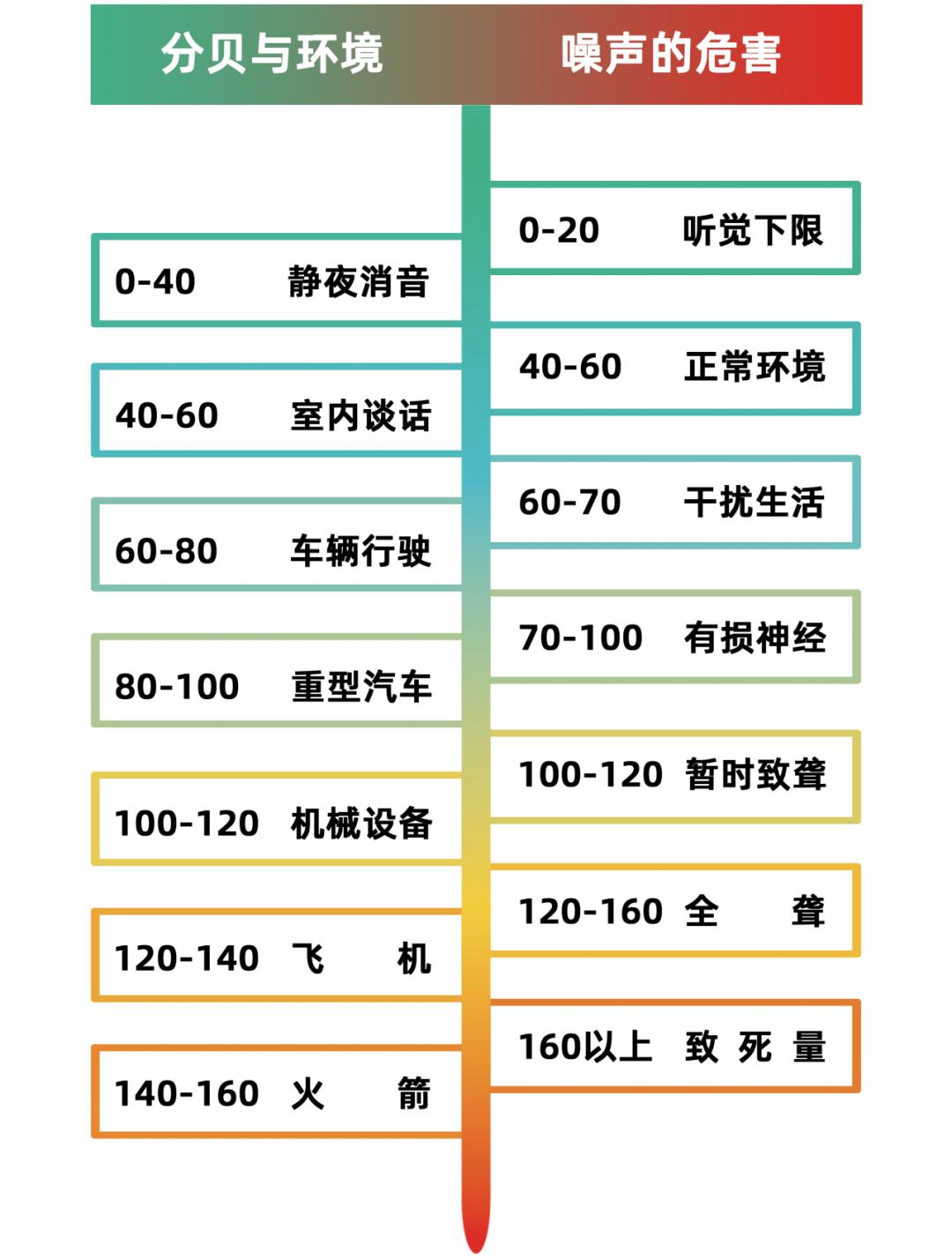
Harm of noise to human beings

1. Hearing problems
Our ears can hear a certain range of sounds without being damaged. Man-made noises such as guns, horns, machinery, airplanes and even vehicles are outside the acceptable hearing range of our ears. Continuous exposure to loud noise can easily lead to damage to our eardrums and hearing loss, and also reduce the sensitivity of our ears to sound rhythm; Higher decibel noise can cause temporary/permanent deafness.
2. Mental health problems
Excessive noise pollution will affect mental health. Noise acts on the central nervous system of the brain through the auditory organs, so that it affects all organs of the whole body. Therefore, noise not only damages people’s hearing, but also harms other systems of the human body. Due to the noise, there will be neurasthenia symptoms such as headache, brain swelling, tinnitus, insomnia, general fatigue and memory loss.
3. Physical function problems
Studies have shown that high-intensity noise will lead to an increase in blood pressure and heart rate, interfere with normal blood flow, and lead to cardiovascular diseases for a long time; Noise can also lead to digestive system dysfunction. For children with greater plasticity, life noise will have a greater impact on them, especially on visual organs, endocrine function and normal development of organs.
4. Work and life problems
High decibel noise will lead to misunderstanding in language communication between two people and make them unable to communicate freely; Noise can also distract people’s attention, leading to slow response, easy fatigue, decreased work efficiency and increased error rate.
Different from water, atmosphere and solid waste
Other three recognized urban pollution.
Noise is a sensory nuisance.
Cannot be processed centrally.
Mainly in the absence of pollutants,
Pollution effects are not lasting and will not be accumulated,
Noise source dispersion, etc.
So how to solve the noise pollution?
We have laws and regulations:
↓↓↓
On October 29, 1996, the 22nd meeting of the 8th the NPC Standing Committee passed the Law on the Prevention and Control of Environmental Noise Pollution in People’s Republic of China (PRC).
2018/12/29 The Seventh Session of the 13th the NPC Standing Committee adopted amendments to the Law on the Prevention and Control of Environmental Noise Pollution in People’s Republic of China (PRC).
2021/12/24 The Law on the Prevention and Control of Noise Pollution in People’s Republic of China (PRC) was adopted at the 32nd meeting of the 13th the NPC Standing Committee, and will come into force on June 5, 2022.
As an individual
We can’t completely change the environment.
To eliminate excessive noise.
These things will need to be handed over to
Government, urban planners and other functional departments.
but
While waiting.
There are still some things we can do:
▼
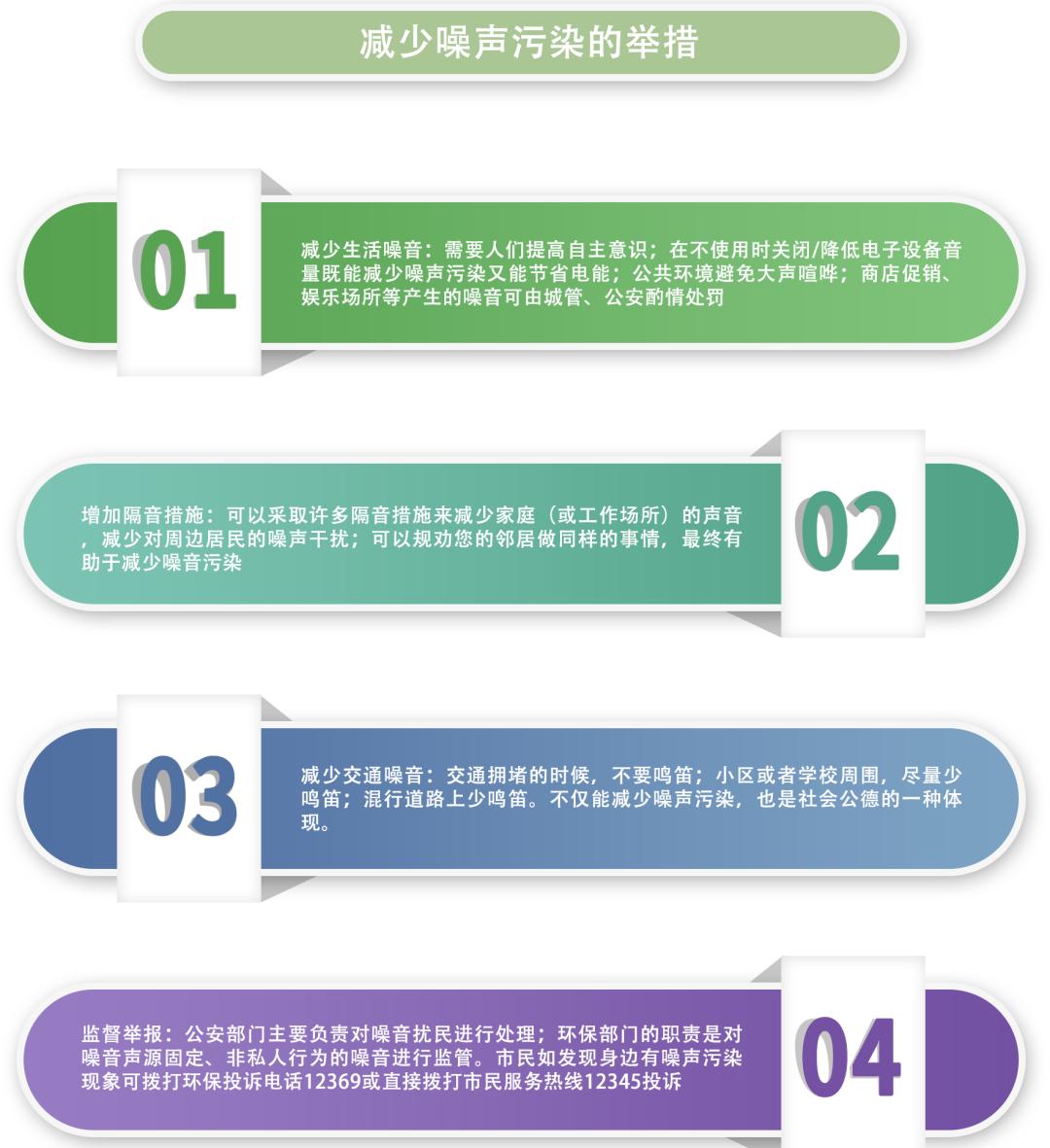
Reject noise
Start from me
Let’s live in a city
More silence.
Less noise
Original title: "Environmental Science Popularization Rejects" Invisible Pollution "-past lives with Noise Pollution"
Read the original text